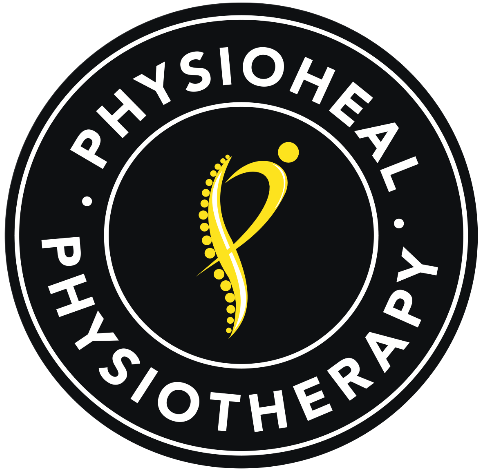Introduction
Arthritis takes many forms, with osteoarthritis and rheumatoid arthritis being the most prevalent. Osteoarthritis occurs when the protective cartilage surrounding joints deteriorates, resulting in bone-on-bone friction, joint damage, and structural changes affecting various joint components. Osteoarthritis typically targets the knees, hips, and small hand joints, causing symptoms like swelling, stiffness, and restricted mobility, often severely affecting knee function.
The Root Causes of Osteoarthritis
Understanding what contributes to osteoarthritis is essential:
- Age: Age increases the likelihood of osteoarthritis development as wear and tear accumulate over the years.
- Previous Injuries: A history of joint injuries or fractures heightens the risk.
- Sports Impact: Engaging in high-impact sports may contribute to later-life osteoarthritis development.
- Coexisting Health Conditions: Conditions like gout or rheumatoid arthritis can amplify the risk.
- Gender Disparities: Women are more prone to osteoarthritis than men.
- Excess Weight: Obesity places additional strain on weight-bearing joints.
Unveiling the Sports-Osteoarthritis Connection
The relationship between osteoarthritis and sports isn’t crystal clear, but various factors come into play, including genetics, age, weight, occupation, and prior injuries.
Research suggests elite-level sports raise the risk of osteoarthritis and joint pain later in life. A University of Edinburgh study reveals this heightened risk among Olympian-level athletes.
Football is closely linked to osteoarthritis. Research by the University of Nottingham establishes that footballers are 2-3 times more susceptible to knee osteoarthritis than their non-athlete counterparts.
Sports Impact on Joints
Certain sports exert substantial stress on joints due to high-impact and repetitive motions. Prolonged exposure can lead to strain and damage, exacerbated by poor posture and habits.
Managing Osteoarthritis
While osteoarthritis has no cure, effective management can alleviate symptoms:
- Physiotherapy: Staying active is crucial for maintaining mobility and independence. A skilled physiotherapist creates a tailored exercise plan to improve joint movement, bolster surrounding muscles, and correct posture.
- Pain Relief Medication: Over-the-counter options like ibuprofen and paracetamol provide relief. Severe cases may require stronger prescription medication.
- Cortisone Injections: These help reduce inflammation and alleviate symptoms in severely swollen joints.
- Sports Participation: Patients can engage in some sports but should avoid high-impact activities involving affected joints. A consistent warm-up and stretch regimen maintains joint flexibility, minimizing injury risk during sports.
Physioheal: Your Specialized Care Destination
Our specialized physiotherapy clinic addresses various disorders, including osteoarthritis. New patients undergo thorough assessments to evaluate affected joint conditions. We craft personalized treatment plans, encompassing exercises, strength training, stretches, and hands-on manipulation.
Physioheal – The Leading Choice
Physioheal is celebrated as the foremost physiotherapy center in Gurgaon, renowned for Dr. Divya Gaur’s expertise. When seeking the best physiotherapy clinic in Gurgaon, consider us. Contact Physioheal at +91-9999259307 or book an appointment online.
In Conclusion
Recognizing the intricate relationship between sports and osteoarthritis and learning effective management strategies are paramount for affected individuals. Discover the expert care of Physioheal, distinguished as the top physiotherapy center in Gurgaon.
